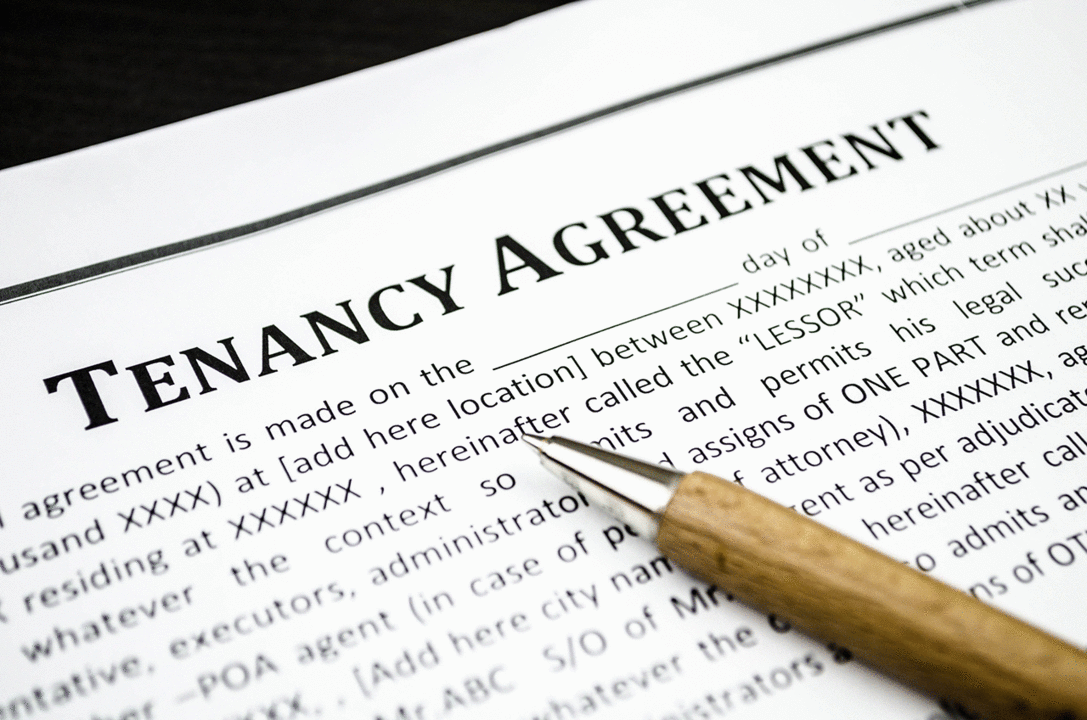
Leasing a property is a significant step towards securing a place to call home, but it comes with responsibilities and legal commitments. A lease agreement is a crucial document that outlines the terms and conditions governing the landlord-tenant relationship. Here’s a comprehensive guide to help tenants navigate the intricacies of lease agreements.
• Know Your Lease Type:
– Familiarize yourself with the lease type. Common options include fixed-term leases (for a specific duration) and month-to-month leases (with flexibility but subject to termination with notice).
• Read Thoroughly Before Signing:
– Never rush through the lease agreement. Read it carefully, paying attention to clauses regarding rent, maintenance, and any restrictions or special conditions.
• Rent and Payment Terms:
– Understand the rent amount, due date, and acceptable payment methods. Note any late fees and the consequences of non-payment.
• Security Deposits:
– Clarify the amount and conditions for the security deposit. Understand what deductions can be made and the timeline for its return.
• Maintenance Responsibilities:
– Clearly define the responsibilities for property maintenance. Know who is responsible for repairs, and report any issues promptly to the landlord.
• House Rules and Restrictions:
– Be aware of any specific rules outlined in the lease, such as pet policies, noise restrictions, or subletting conditions.
• Termination and Renewal:
– Understand the conditions for terminating the lease and any renewal options. This is crucial for planning your living arrangements.
• Utilities and Additional Costs:
– Determine which utilities you are responsible for and which are covered by the landlord. Clarify any additional costs mentioned in the agreement.
• Insurance Requirements:
– Check if the lease requires tenants to have renter’s insurance. Understand the coverage needed to protect your personal belongings.
• Document the Property’s Condition:
– Before moving in, document the property’s condition with photos or a checklist. This can help avoid disputes over security deposit deductions later.
• Communication Channels:
– Establish clear communication channels with your landlord or property manager. Know who to contact for emergencies or routine matters.
• Legal Assistance:
– Seek legal advice if you encounter confusing terms or if you have concerns about specific clauses. Understanding your rights is essential.
Lease agreements are legally binding, so being well-informed is crucial for a smooth and secure tenancy. By understanding the terms, responsibilities, and your rights as a tenant, you can create a positive living experience and protect yourself throughout the leasing process.
